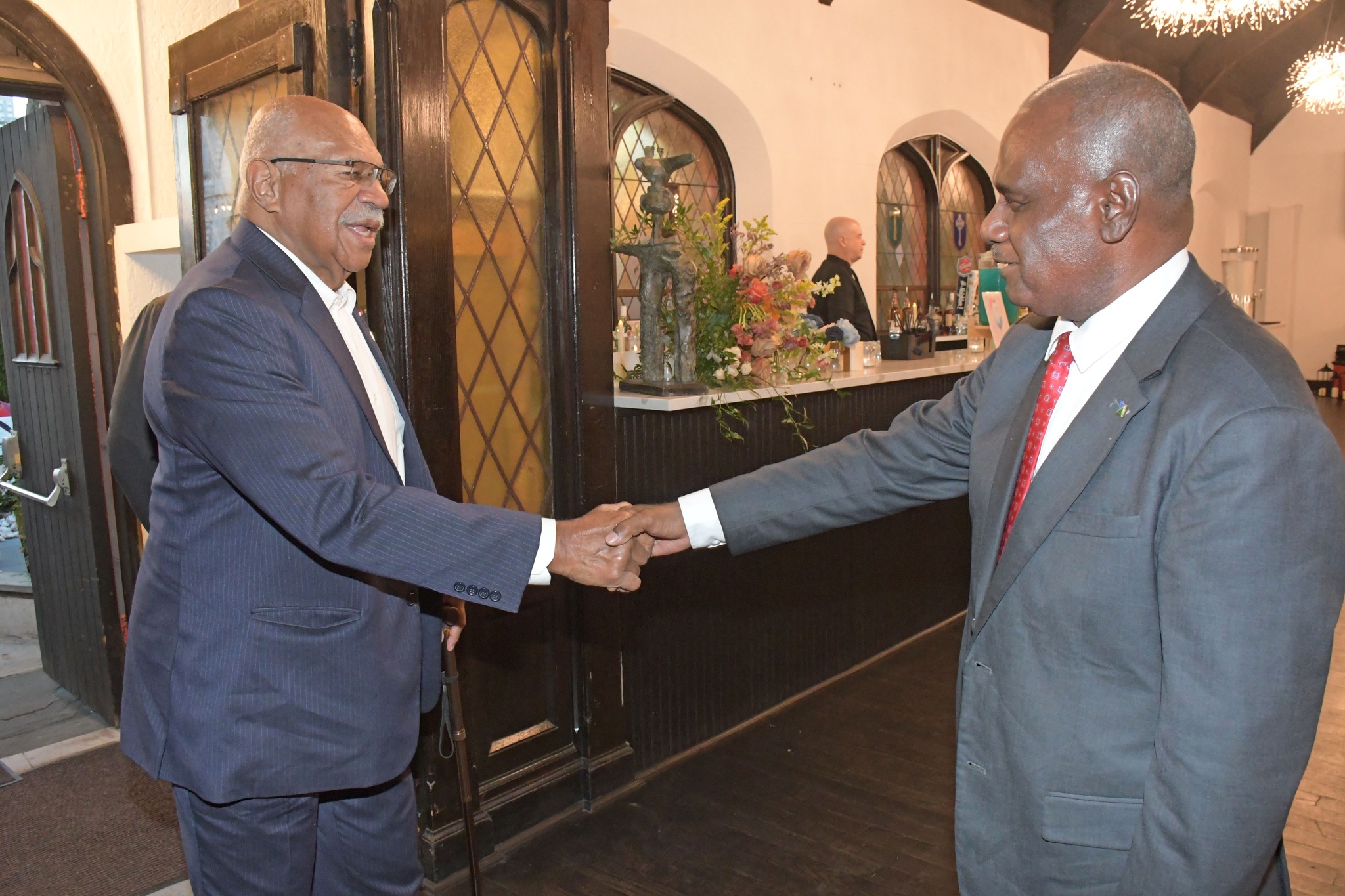BY JOHN HOUANIHAU
A United Nations International Children’s Emergency Fund (UNICEF) consultant has stressed the need to empower young people to manage their internet use responsibly, instead of relying solely on laws or penalties to restrict access to harmful online content.
Dr Koen Sevenants, UNICEF Mental Health and Psychosocial Support (MHPSS) consultant for children and families, raised the point during the Advance Training on Psychosocial Support (MHPSS) for Children and Families held in Honiara on Tuesday September 23, 2025.
The training attended by Provincial mental health coordinators took place at the UN Joint Presence Office Conference Room, ANZ Building at Ranadi in Honiara.
Responding to questions on whether governments could limit access to online pornography through legal measures, Sevenants said that the internet is beyond the control of individual states.
“The internet was created in the late 1980s with two major drivers military use and pornography. Today, around 43 percent of online content is pornography,” he said.
He said that the most effective solution is education and empowerment.
“We need to equip young people to face the realities of the internet and use it wisely. In Belgium, for instance, pornography is not portrayed as inherently harmful, but young people are taught to engage with it responsibly and to avoid addiction,” Sevenants explained.
To illustrate the risks of boom, he compared patterns of pornography consumption to alcohol addiction, where users progress from minor to stronger forms.
“In the same way, individuals may move from ordinary pornography to extreme material, including violent content,” he said.
Sevenants also raised concerns about Child Sexual Abuse Materials (CSAM), noting that the issue has become more sophisticated with the rise of live-streaming.
He revealed that Fiji is currently the largest consumer of Child Sexual Abuse Materials CSAM globally.
For feedback, contact:[email protected]




